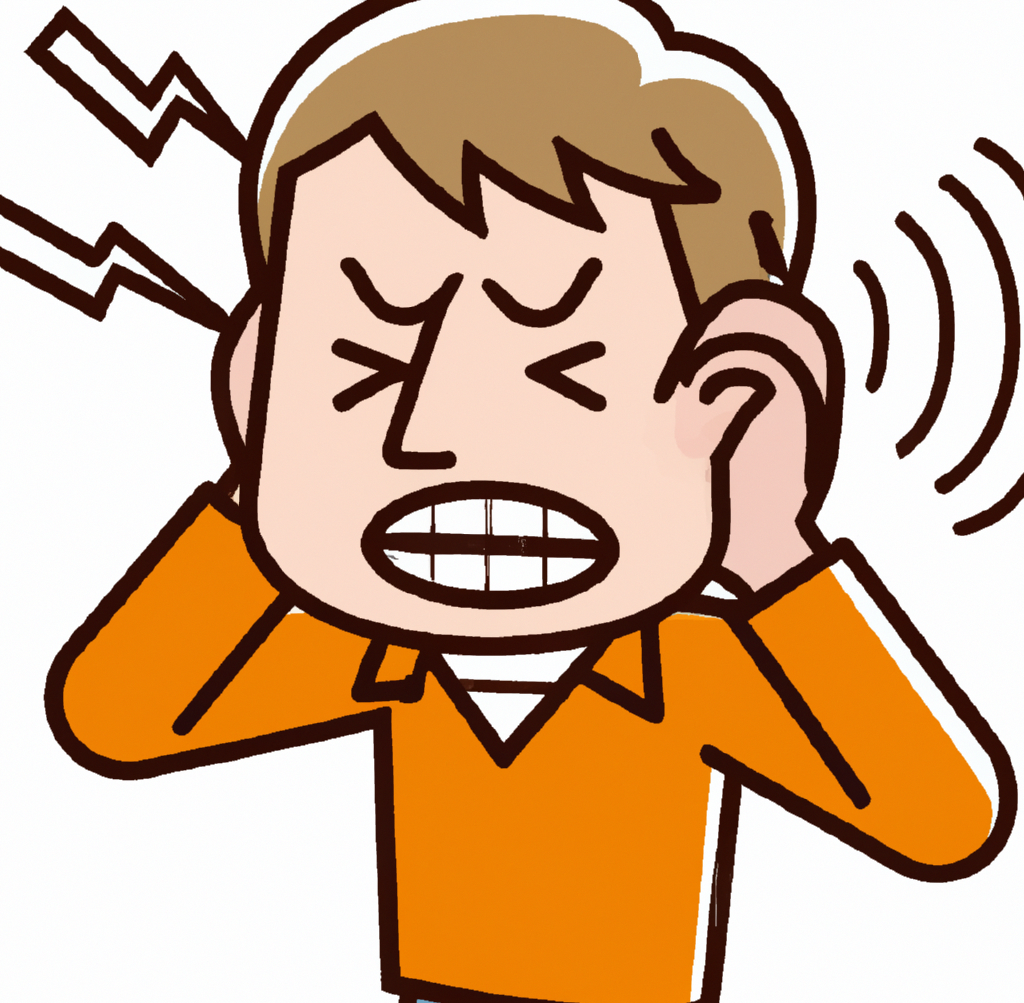Can Mold Cause Tinnitus (Ear Ringing)?
Yes, mold exposure can cause tinnitus either on its own or in addition to other factors.
While the research on all of the mechanisms by which mold causes tinnitus is ongoing, here are 3 relatively well known mechanisms:
1. Mold can block the Eustachian tube for a long period of time which can cause tinnitus from the pressure that builds up.
2. Mycotoxins (the toxins produced by mold) are nerve toxins which can irritate the nerves of that inner ear and lead to ear ringing.
3. Allergens like mold are well known to cause Meniere’s disease (an inner-ear disorder that can cause vertigo and tinnitus).

What is Tinnitus (Ear Ringing)?
People who experience tinnitus experience ringing, buzzing, or hissing sounds in their ears even when no external sound is present. Tinnitus can affect either one or both ears and can happen either continually or sporadically. The volume and pitch of the sound may fluctuate and often become more evident in quieter environments.
Who Commonly Gets Tinnitus?
Tinnitus affects about 15% to 20% of people in the world, and is most common in older people.
How to Treat Tinnitus?
While tinnitus often goes away on its own in many causes but in many cases treatment is needed. When considering how to treat tinnitus, it’s important to keep in mind that it is a symptom not a disorder. As such, in order to treat it you will need to identify the root cause of it. That means that if your tinnitus is at least partially caused by mold exposure, you should remove the mold from your environment as soon as possible in order to treat the tinnitus.
Conclusion
Exposure to mold can cause or worsen tinnitus and other health conditions. That’s why we strongly recommend seeking out expert help as soon as possible if you have mold in your property. Our team can get rid of the mold and implement measures to avoid future mold growth. Contact us today for a free cost estimate!